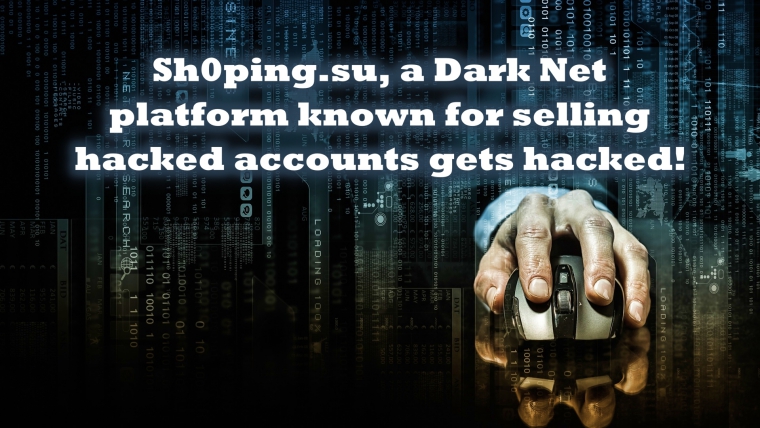The Internet is an addictive world due to its unlimited and lucrative opportunities for people from almost every facet of life. Some use the Internet to make money, some use it to keep in touch with their loved ones, and some to find love – and then there are those who use it for nefarious deeds such the use of this medium to carry out online dating scams against those hoping to find that someone special. The end result is scammers making loads of money.
So what can be done to keep yourself protected from these scams? Truth is that there is a lot that can be done and there is little that can be done. It’s all dependent on whether you have already been a victim or how much you can learn in this regard. In this article, we will discuss some of the steps that you can take to identify and protect yourself from online scams, especially online dating scams.
Identifying fake social media profiles with Google Image search
Imagine a scenario where you have started a conversation with someone on social media just because they look “cute” in their profile picture. It is possible that this kind of interaction is made for nefarious purposes and plenty of cases have emerged in which people were lured to infected locations of phishing pages. Therefore, you need to be alert all the time.
Creating fake social media accounts has been the favorite trick of hackers and scammers for interacting with potential victims. However, thanks to Google Search, now you can identify if such an account is real or fake by searching the profile picture before they can scam you.
You can easily verify the legitimacy of any profile on social media by searching for the profile picture on Google. If it appears in results other than the social media account then you must understand that the account is fake. Here’s how:
Here is a LinkedIn profile of someone trying to add you in their list and claiming to be an online media professional.
All you have to do is right click on the profile picture and go for “Search Google for this image” as shown in the image below:
Here are the results: The profile picture belongs to a model! Not a John Kerry. But the good thing is that you have now identified the profile is a fraud and a potential scammer is behind it.

Additionality, this site shows hundreds of images are that bring currently used by scammers to carry out identify theft, financial and online dating scams.
Ask the person to show themselves on camera
A scammer will always hide their face from the victim and make excuses to call you or not show their face. If the person you are talking to claims living in another city or country ask them to show their face on webcam to prove their identity and in the event they object with nonsense excuses or suddenly start avoiding you, they are most likely a scammer.
Ask the person to meet you
If the person you are in touch with on the Internet claims to live in the same city or country, emphasize on meeting up. If they come up with excuses or ask you to pay for their visit, consider it an online dating scam and avoid any further contact.

Keep an eye on their conversation
A scammer maybe using Skype, Facebook messenger or other online apps to get in touch with you. To be on the safe side keep an eye on their conversation, they might not be as consistent with details as someone who wants to start a genuine online relationship. They may get their name wrong at times and change details about their life, work and family. Either way, if you notice such inconsistencies, consider it an online dating scam.
Do NOT share your private or financial information
You started chatting with a person online who is now your potential life partner but after a few days they want access to our personal or financial data that is a “no bueno”. Never share your personal data especially banking details and credit card information online. If someone asks you for it consider it a scam.
Do NOT visit unknown websites or click links or download unknown files
If someone wants you to visit a website to view their “private pictures” to prove how they look in real life, avoid doing so. You can also scan unknown website links on VirusTotal. VirusTotal is an online service providing free malware scanning for websites and individual files. It will show you if the website you are about to visit is malicious or safe.
Scammers use compromised websites to trick users into visiting them and coerce them into inputting personal and financial information. This allows them to hack your social media or email account or extract credit card information to steal money from your bank.
Moreover, refrain from clicking on files sent by someone you just started engaging with. Scammers sometimes use malicious files to install malware and other computer viruses on the victim’s system and steal all sorts of personal data which later they use to blackmail the victim for money.
Watch out for sextortion scam
According to the Department of justice, Sextortion is a form of sexual exploitation. The offender uses coercion and threats to compel the victim to produce sexual images or videos engaging in sexual acts. Sometimes the offender already possesses nude or sexual images of the victim, and is threatening to release them if the victim will not do as the offender commands.
The solution to keeping yourself protected from sextortion is to keep your personal photos and videos private and don’t put them on social media. The case of two Indian sisters Jyoti and Kiran Matharoo is an example of sextortion scam in which both sisters were detained in Lagos, Nigeria, for their involvement in cyber-bullying and extortion of a Nigerian billionaire along with 274 others.
Use a reliable dating website
One of the most secure ways to keep your personal data protected from scammers is to use a reliable dating site. Also, keep your relationship limited to that dating site and do not provide your phone number or link to your social media profile containing your contact and other personal details.
Online dating site like Flirt can be a viable option in this case. The site has a prominent presence on Twitter and Facebook while its blog post also guides users on safe online dating. Some of the ins and out of safe dating is available on their websites.

















